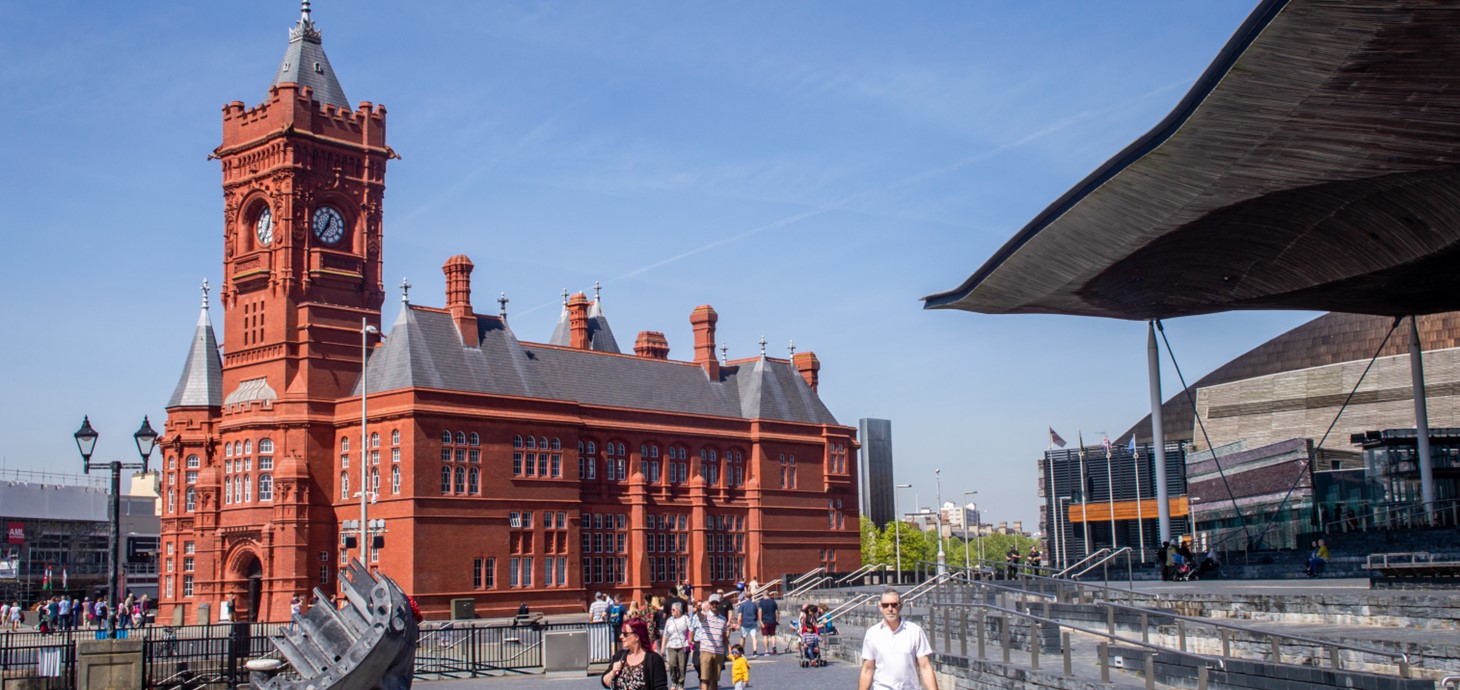
Research explores how communities can work together to bring about positive change.
Academics will investigate how citizens, civil society organisations and policymakers are collaborating to tackle some of society’s most pressing problems.
The Wales Institute of Social and Economic Research and Data (WISERD) has secured £1.6m of funding from the UKRI Economic and Social Research Council (ESRC) for the three-year research programme, People, Places, and the Public Sphere.
Including researchers from Swansea University, the programme will examine ways in which people’s participation in democratic activities, collaborative governance and citizen science can address urgent collective challenges.
The programme comprises four research themes:
- Workplaces and participatory democracy will focus on the Fair Work Agenda, including Wales’s progress in moving towards being a Fair Work Nation.
- Rights, refugees and marginalised communities will examine the role of civil society organisations in supporting refugees and state surveillance of Gypsy, Roma and Traveller communities.
- Collaborative governance and deliberative politics will look at new and innovative ways to support the collaborative engagement of citizens in policymaking and to counter polarisation.
- Local economies and place-based innovations will explore ways of involving economic actors in developing local leadership, resilience and capital to support economic growth.
These themes will be supported by the development of a place-based and public-facing WISERD Data Lab. This will support community-led data collection to enable citizens, communities, and policymakers to play their part in co-production projects.
The results of this research will contribute to policy and practices that fully enable citizen participation, deepen engagement with citizen science, and ultimately, enable local communities to mobilise assets and resources in response to social, economic, political, and environmental challenges. WISERD will also continue to expand its international and civil society research networks.
Principal investigator and WISERD co-director Rhys Davies said: “WISERD’s interdisciplinary research has already made an enormous impact on social science in Wales. This new funding will allow us to expand and strengthen this work even further, based upon principles of co-production, collaboration and citizen science, while working more deeply with our growing networks of civil society partners.”
The Swansea University WISERD team, led by Professor Nigel O'Leary and Dr Matthew Wall, based in the School of Social Sciences, will spearhead innovative research and practice at the intersection of democratic and economic renewal.
This focus aligns closely with Swansea's research strengths, reflecting its commitment to advancing impactful scholarship and promoting real-world change. It is also deeply connected to the University's Civic Mission, reinforcing its dedication to addressing societal challenges and fostering community engagement.
WISERD co-director at Swansea University and head of the Department of Economics, Professor O’Leary, said: “Within this multi-themed and cross-disciplinary research, we will be focussed upon developing policies that enhance inclusive economic development, reduce vulnerabilities, and foster forms of community capital as a vehicle for economic and social growth.
“This will be an exciting opportunity to shape and deliver an ambitious set of work packages that have far-reaching and consequential impacts across the areas of economics, education, and social policy.”
Dr Matthew Wall, also a co-director at Swansea University and head of the Department of Politics, Philosophy and International Relations, added: “Through this work, we aim to bridge academic research with practical solutions that empower communities and enhance democratic participation while addressing pressing economic challenges.”
